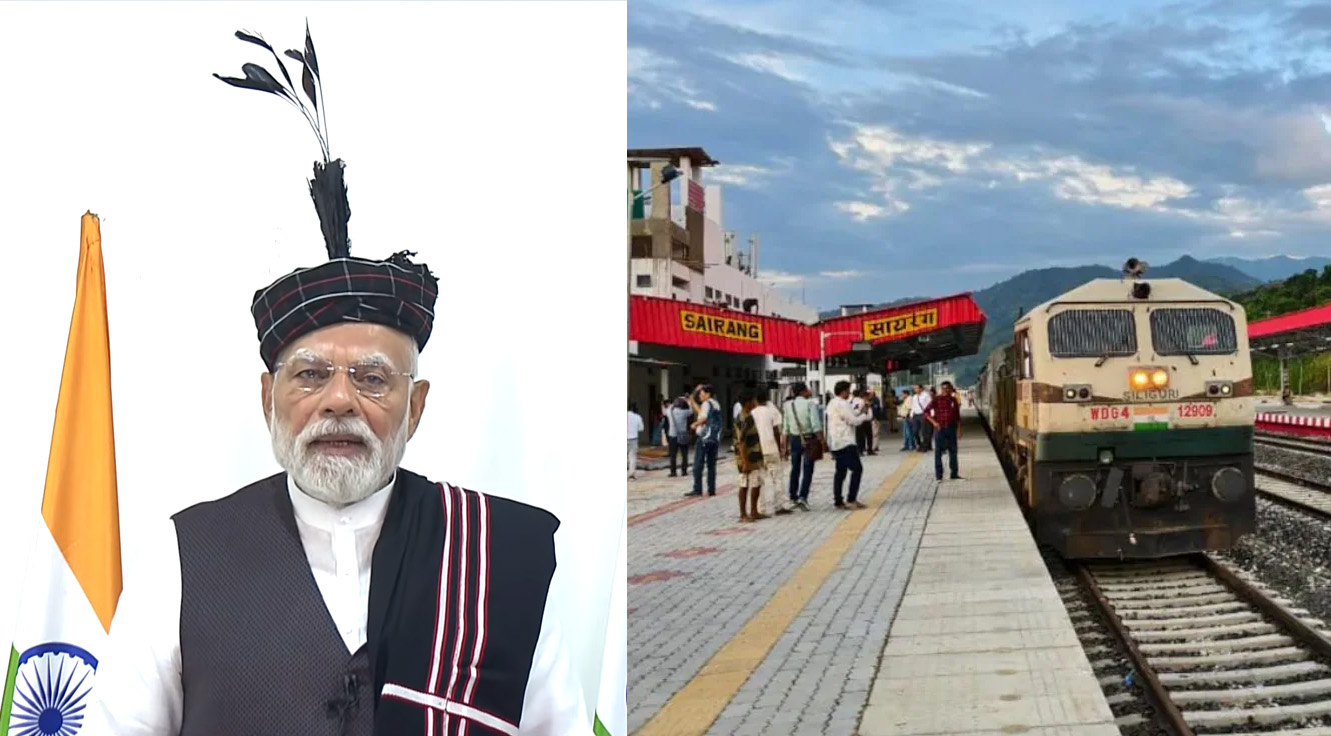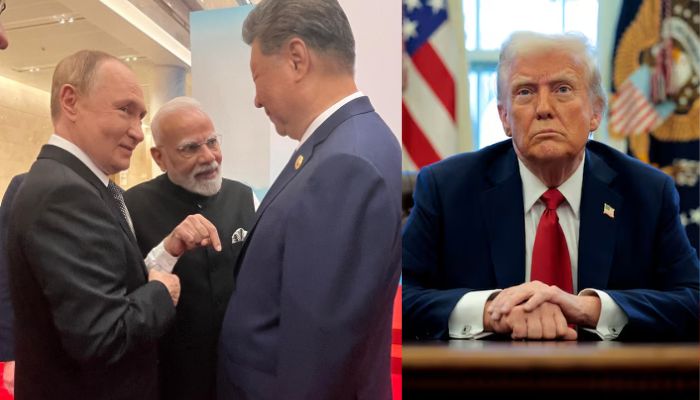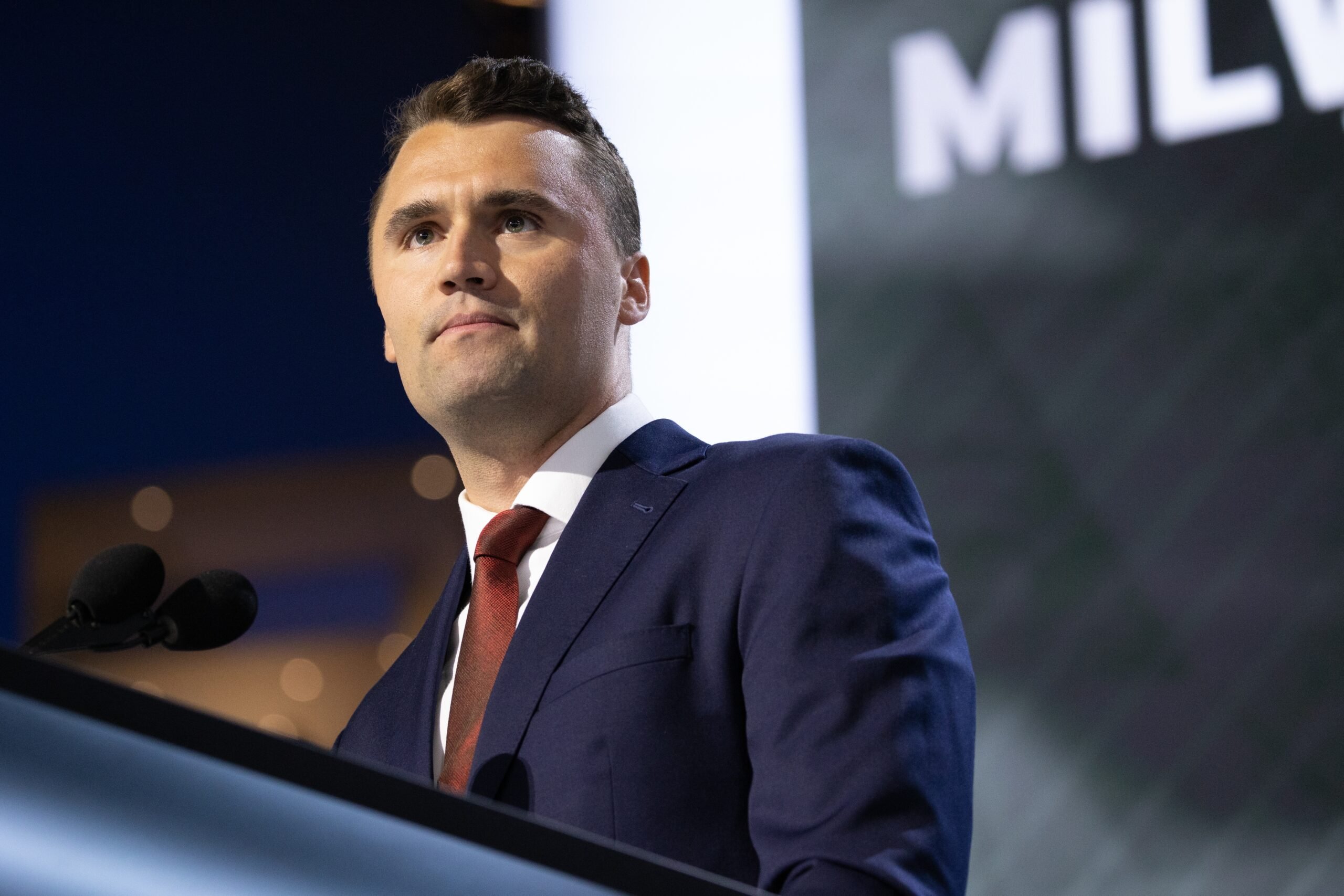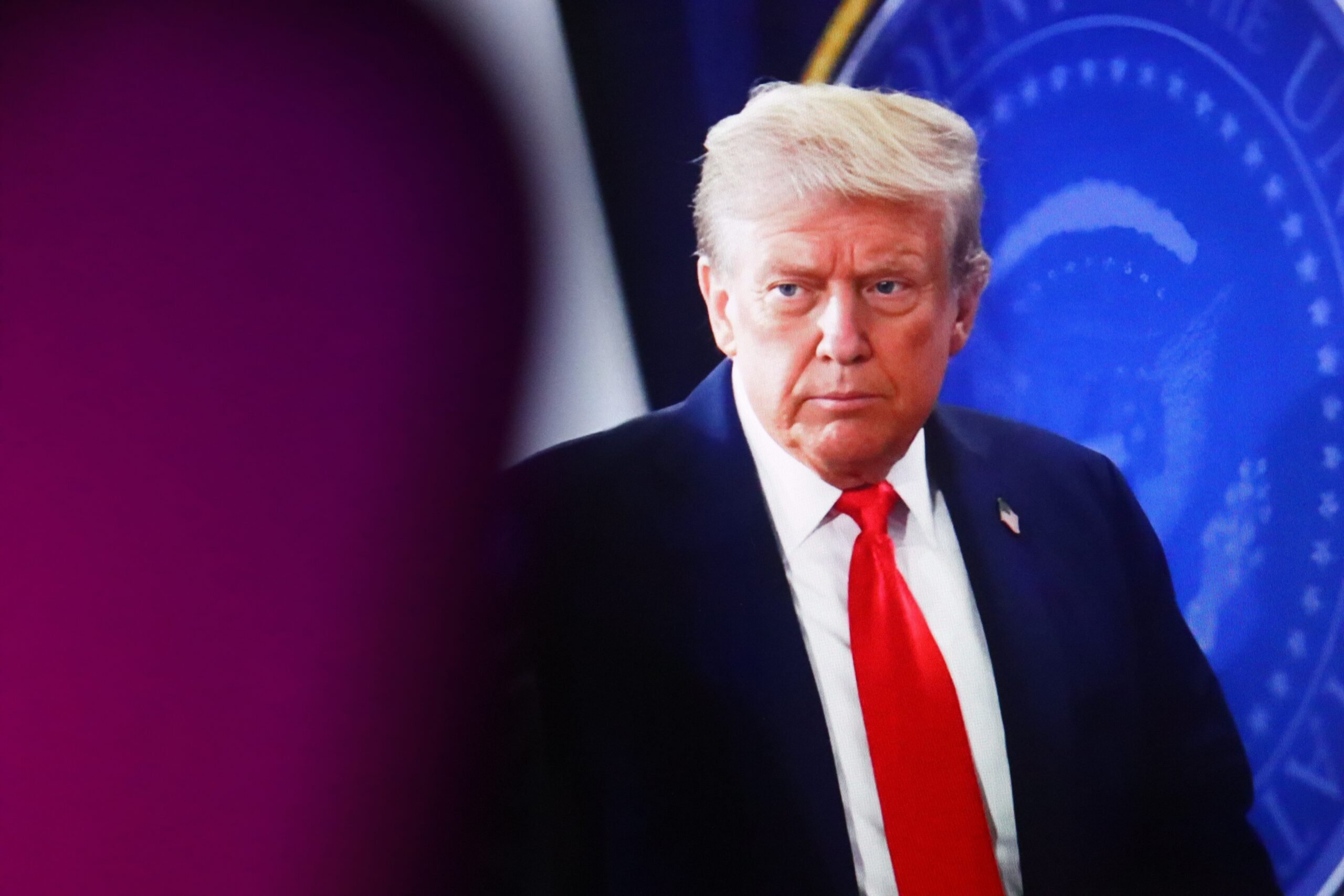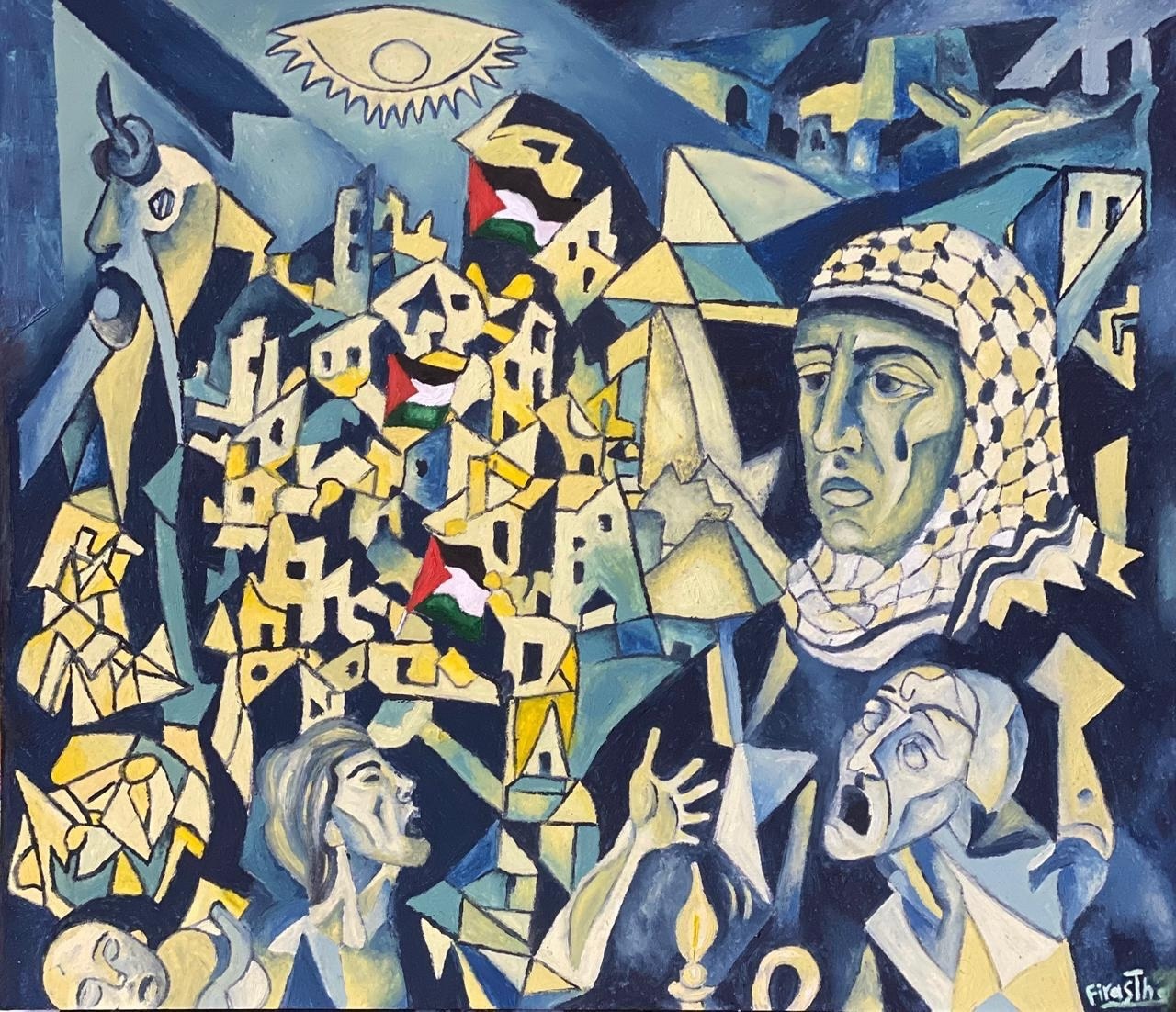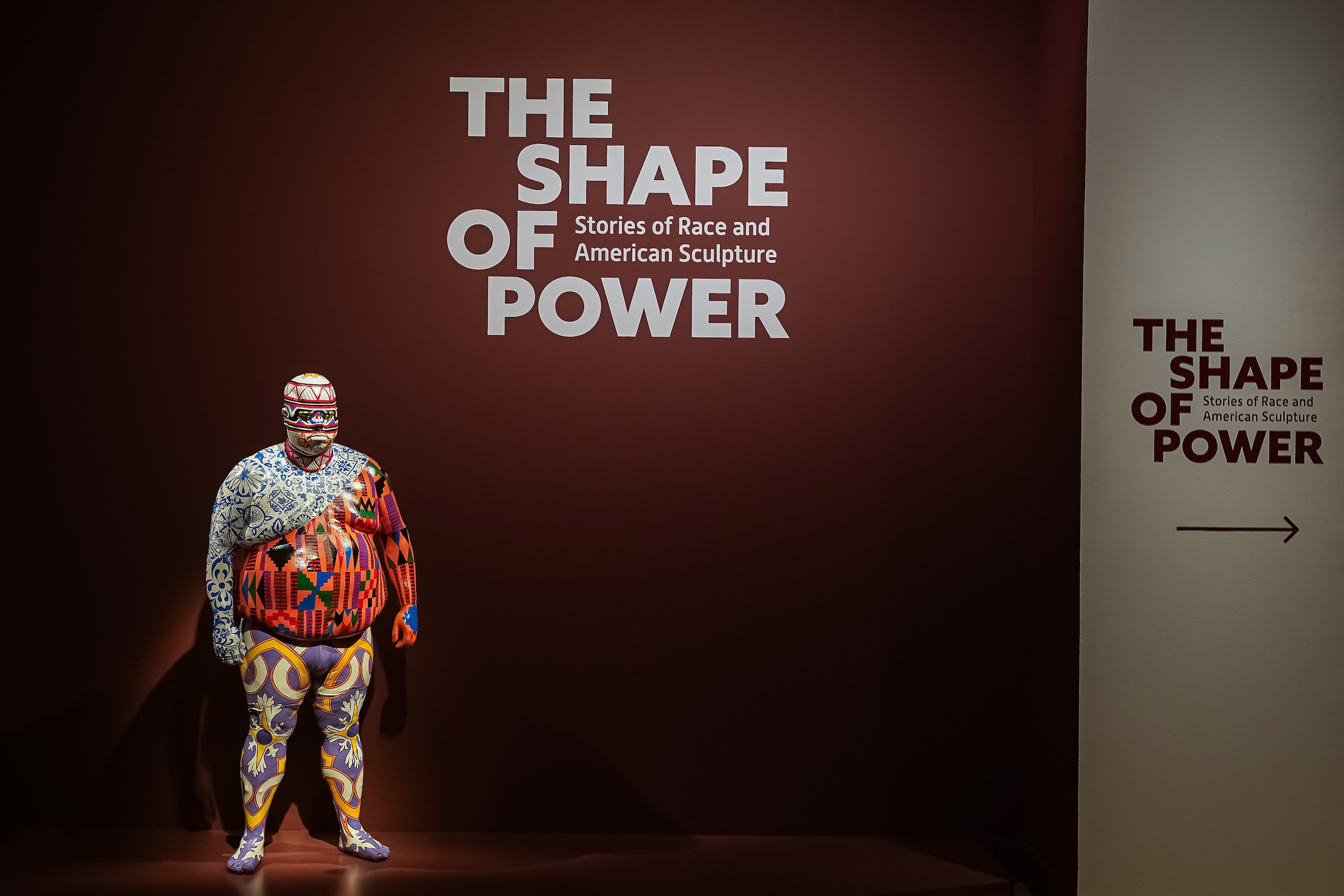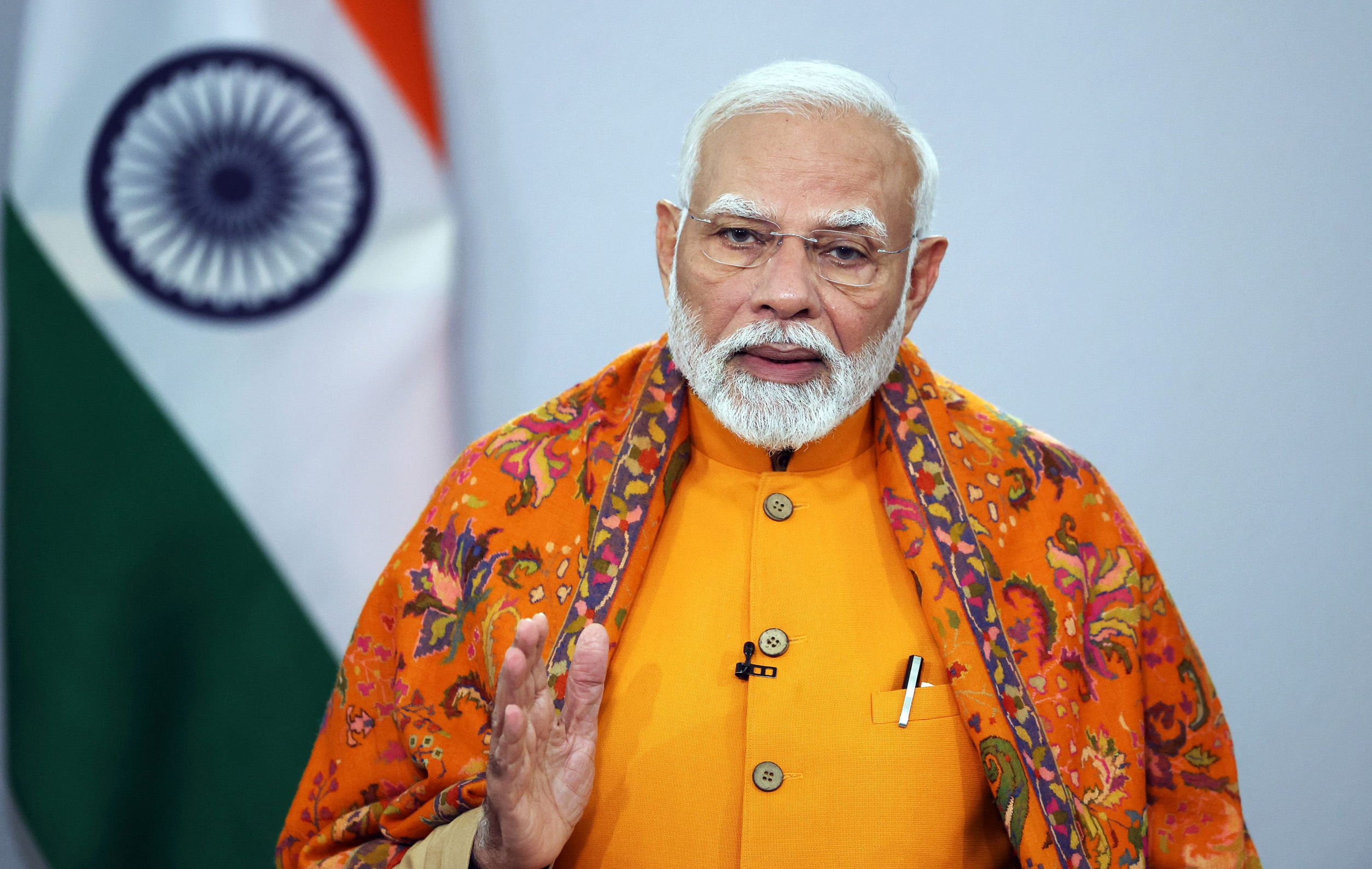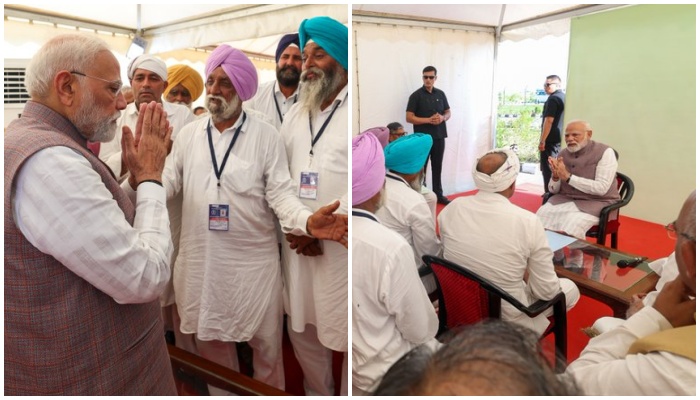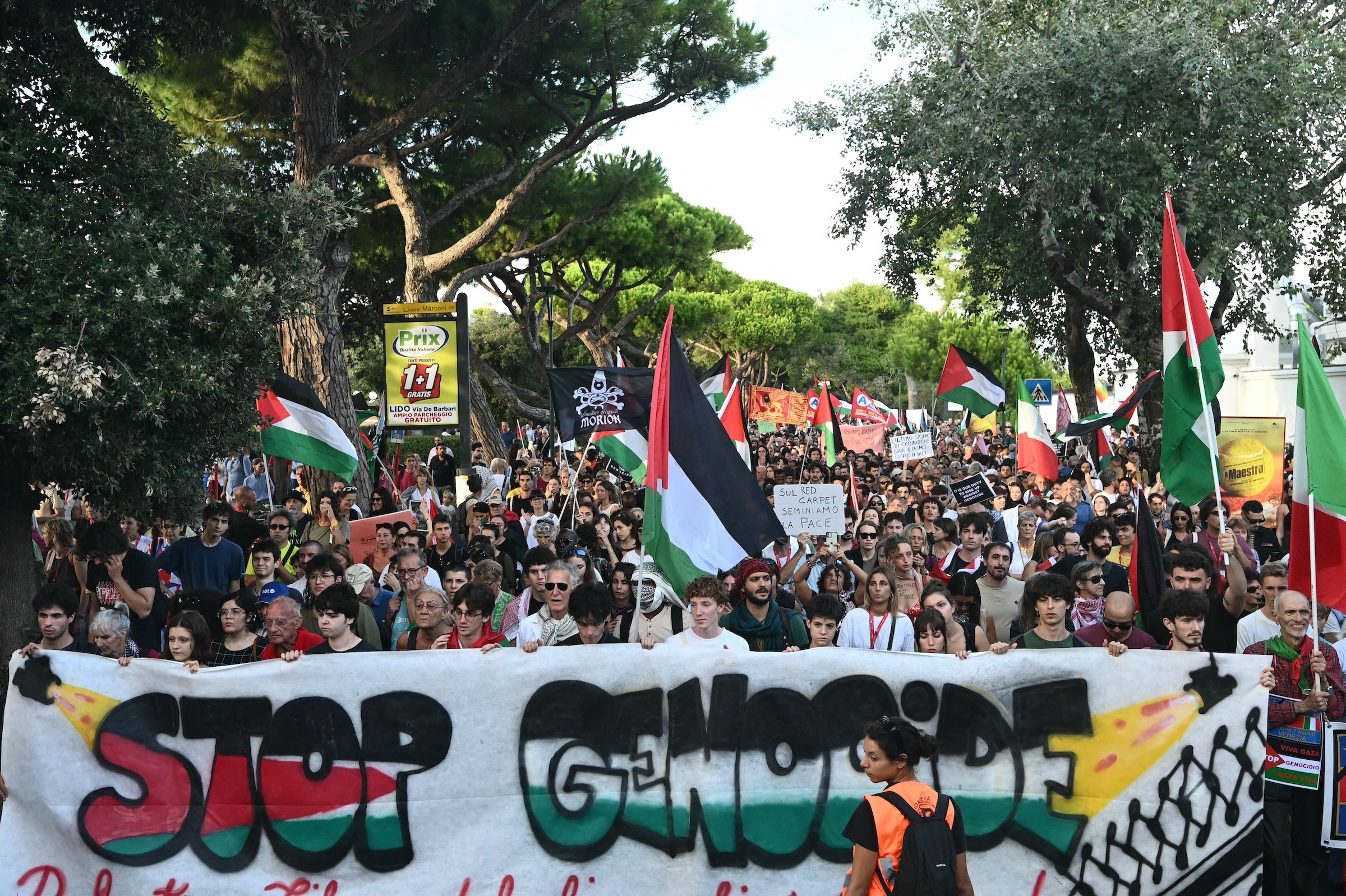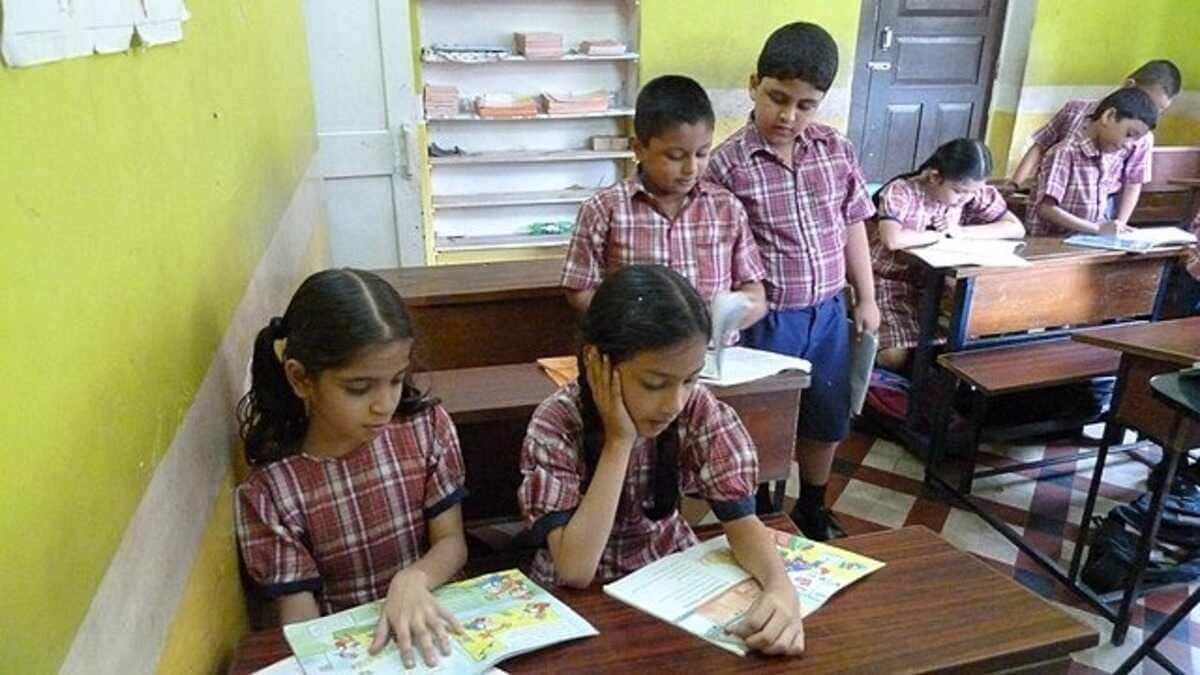Who are Balen Shah and Sudan Gurung, the men spearheading the violent Gen Z protests that toppled the KP Oli govt in Nepal?
The largest citizens’ movement in Nepal has toppled the government. Both the Prime Minister and the President have resigned, leaving the nation searching for its next leader. At the heart of this GenZ uprising, two figures have emerged. The first is Kathmandu’s mayor, Balen Shah, whom protesters are projecting as interim Prime Minister. The second is Sudan Gurung, founder of Hami Nepal, who has been leading the demonstrations. Both men have become faces of the movement—Gurung as the organizer, and Shah as the agitator. But who exactly are Balen Shah and Sudan Gurung? Balen Shah’s role in the GenZ protests Balen Shah, a rapper-turned-politician, is the Mayor of Kathmandu. He stands accused of misleading Nepal’s youth and mobilizing them against the government. His strong social media presence reflects his influence, with many young Nepalis openly calling him their next Prime Minister. It began on Sunday, September 7, 2025, when Shah voiced his support for the GenZ protests in a Facebook post:“Tomorrow is clearly a spontaneous gathering of GenZ. They are all under 28, which makes me look older. I want to understand their willpower, purpose, and thinking.” Screenshot of Balen Shah’s FB post He went on to warn: “No political party, leader, activist, MP, engineer, or opportunist should try to exploit tomorrow’s rally for personal gain. I cannot attend because of the age restriction, but I fully support them. Dear GenZ, tell me—what kind of country do you want to see?” By the next day, Monday, September 8, youths aged 13–28 flooded the streets of Kathmandu and seven other cities. What began as a protest against the social media ban quickly escalated into a demand for Prime Minister KP Oli’s resignation. Violence erupted, leaving 19 dead and over 300 injured. On Tuesday, September 9, both PM Oli and President Ramchandra Paudel resigned. Calls for Balen Shah to take over grew louder, with his Facebook page flooded with comments such as “We want you as PM” and “Please take lead, Balen.” Local media echoed these demands. Screenshot of Balen Shah’s FB post Shah, however, later urged protesters not to destroy public property, writing: “Please GenZ, the country is in your hands. You can handle it. No matter what happens, you will remain ours. Now go home.” Balen Shah’s U.S. connections Unlike most mayors, Shah enjoys both national and international visibility. He was featured in Time Magazine’s Top 100 (2023) and profiled by The New York Times. He has had repeated engagements with the U.S. Embassy in Nepal—meeting Ambassador R. Thompson in 2022 and again in 2024, when he was reportedly invited to visit the U.S. Great introductory meeting with Mayor of Kathmandu @ShahBalen yesterday. I particularly enjoyed discussing the ways we can work together on culturalpreservation! pic.twitter.com/brEDyR7kq4— U.S. Ambassador Dean R. Thompson (@USAmbNepal) December 2, 2022 Balen Shah’s anti-government rap songs Before entering politics, Shah was best known as a rapper. His lyrics often attacked Oli’s government: “Those who protect the country are fools. All leaders are thieves, looting the nation.” His songs, particularly Balidan (“Sacrifice”), galvanized Nepal’s youth and fueled anti-government sentiment. During the GenZ protests, Shah even reposted the song on Facebook with the caption: “Let the government allow me to speak.” Shah has also courted controversy with his anti-India stance. During the release of the Indian film Adipurush, he not only opposed the movie but also banned Indian films in Kathmandu cinemas—until Nepal’s Supreme Court overturned his order. Sudan Gurung and Hami Nepal The second major player is 36-year-old Sudan Gurung, founder of Hami Nepal. He organized the GenZ protests, rallying under-28 youth nationwide. On Instagram, he posted “How to Protest” videos, advocating “peaceful” resistance while also suggesting aggression if necessary. View this post on Instagram A post shared by Sudan Gurung (@sudangrg_haminepal) Protest placards carried Hami Nepal’s branding. The NGO used Discord groups to coordinate—circulating instructions, urging students to wear uniforms, and even sharing guides on making petrol bombs. Leaked chats revealed calls to flood international media with violent images and discussions of regime change modeled on Bangladesh. Founded in 2020, Hami Nepal was initially known for flood relief. But its role in a movement that toppled the government raises troubling questions. Foreign funding of Hami Nepal The NGO has acknowledged receiving 200 million Nepali rupees in funding from brands like Coca-Cola, Viber, Goldstar, and Mulberry Hotels—all foreign entities. Earlier in 2025, Hami Nepal stoked anti-India sentiment following the death of a Nepali student at an engineering college in Odisha, India. The dangerous Shah–Gurung alliance Together, Balen Shah and Sudan Gurung are being seen as the chief



The largest citizens’ movement in Nepal has toppled the government. Both the Prime Minister and the President have resigned, leaving the nation searching for its next leader. At the heart of this GenZ uprising, two figures have emerged. The first is Kathmandu’s mayor, Balen Shah, whom protesters are projecting as interim Prime Minister. The second is Sudan Gurung, founder of Hami Nepal, who has been leading the demonstrations.
Both men have become faces of the movement—Gurung as the organizer, and Shah as the agitator. But who exactly are Balen Shah and Sudan Gurung?
Balen Shah’s role in the GenZ protests
Balen Shah, a rapper-turned-politician, is the Mayor of Kathmandu. He stands accused of misleading Nepal’s youth and mobilizing them against the government. His strong social media presence reflects his influence, with many young Nepalis openly calling him their next Prime Minister.
It began on Sunday, September 7, 2025, when Shah voiced his support for the GenZ protests in a Facebook post:
“Tomorrow is clearly a spontaneous gathering of GenZ. They are all under 28, which makes me look older. I want to understand their willpower, purpose, and thinking.”

He went on to warn: “No political party, leader, activist, MP, engineer, or opportunist should try to exploit tomorrow’s rally for personal gain. I cannot attend because of the age restriction, but I fully support them. Dear GenZ, tell me—what kind of country do you want to see?”

By the next day, Monday, September 8, youths aged 13–28 flooded the streets of Kathmandu and seven other cities. What began as a protest against the social media ban quickly escalated into a demand for Prime Minister KP Oli’s resignation. Violence erupted, leaving 19 dead and over 300 injured.
On Tuesday, September 9, both PM Oli and President Ramchandra Paudel resigned. Calls for Balen Shah to take over grew louder, with his Facebook page flooded with comments such as “We want you as PM” and “Please take lead, Balen.” Local media echoed these demands.

Shah, however, later urged protesters not to destroy public property, writing: “Please GenZ, the country is in your hands. You can handle it. No matter what happens, you will remain ours. Now go home.”
Balen Shah’s U.S. connections
Unlike most mayors, Shah enjoys both national and international visibility. He was featured in Time Magazine’s Top 100 (2023) and profiled by The New York Times. He has had repeated engagements with the U.S. Embassy in Nepal—meeting Ambassador R. Thompson in 2022 and again in 2024, when he was reportedly invited to visit the U.S.
Great introductory meeting with Mayor of Kathmandu @ShahBalen yesterday. I particularly enjoyed discussing
— U.S. Ambassador Dean R. Thompson (@USAmbNepal) December 2, 2022
the ways we can work together on cultural
preservation! pic.twitter.com/brEDyR7kq4
Balen Shah’s anti-government rap songs
Before entering politics, Shah was best known as a rapper. His lyrics often attacked Oli’s government: “Those who protect the country are fools. All leaders are thieves, looting the nation.”
His songs, particularly Balidan (“Sacrifice”), galvanized Nepal’s youth and fueled anti-government sentiment. During the GenZ protests, Shah even reposted the song on Facebook with the caption: “Let the government allow me to speak.”
Shah has also courted controversy with his anti-India stance. During the release of the Indian film Adipurush, he not only opposed the movie but also banned Indian films in Kathmandu cinemas—until Nepal’s Supreme Court overturned his order.
Sudan Gurung and Hami Nepal
The second major player is 36-year-old Sudan Gurung, founder of Hami Nepal. He organized the GenZ protests, rallying under-28 youth nationwide. On Instagram, he posted “How to Protest” videos, advocating “peaceful” resistance while also suggesting aggression if necessary.
Protest placards carried Hami Nepal’s branding. The NGO used Discord groups to coordinate—circulating instructions, urging students to wear uniforms, and even sharing guides on making petrol bombs. Leaked chats revealed calls to flood international media with violent images and discussions of regime change modeled on Bangladesh.
Founded in 2020, Hami Nepal was initially known for flood relief. But its role in a movement that toppled the government raises troubling questions.
Foreign funding of Hami Nepal
The NGO has acknowledged receiving 200 million Nepali rupees in funding from brands like Coca-Cola, Viber, Goldstar, and Mulberry Hotels—all foreign entities. Earlier in 2025, Hami Nepal stoked anti-India sentiment following the death of a Nepali student at an engineering college in Odisha, India.
The dangerous Shah–Gurung alliance
Together, Balen Shah and Sudan Gurung are being seen as the chief architects of Nepal’s violent uprising. Their agenda is viewed as not only anti-India but also fundamentally anti-Nepal. Gurung, backed by foreign funding, has undermined Nepal’s democratic structure, while Shah—perceived as sympathetic to Western ties—is being positioned as interim Prime Minister.
The parallels with Bangladesh are striking, where Western powers ousted Sheikh Hasina and installed Muhammad Yunus as caretaker Prime Minister through youth-driven unrest. Nepal now appears to be following the same script, with Western money flowing through NGOs to engineer regime change.
Where the Shah–Gurung partnership will lead Nepal is uncertain. But the world is watching closely. With Nepal strategically wedged between India and China, any shift in its political direction will have consequences far beyond its borders.



